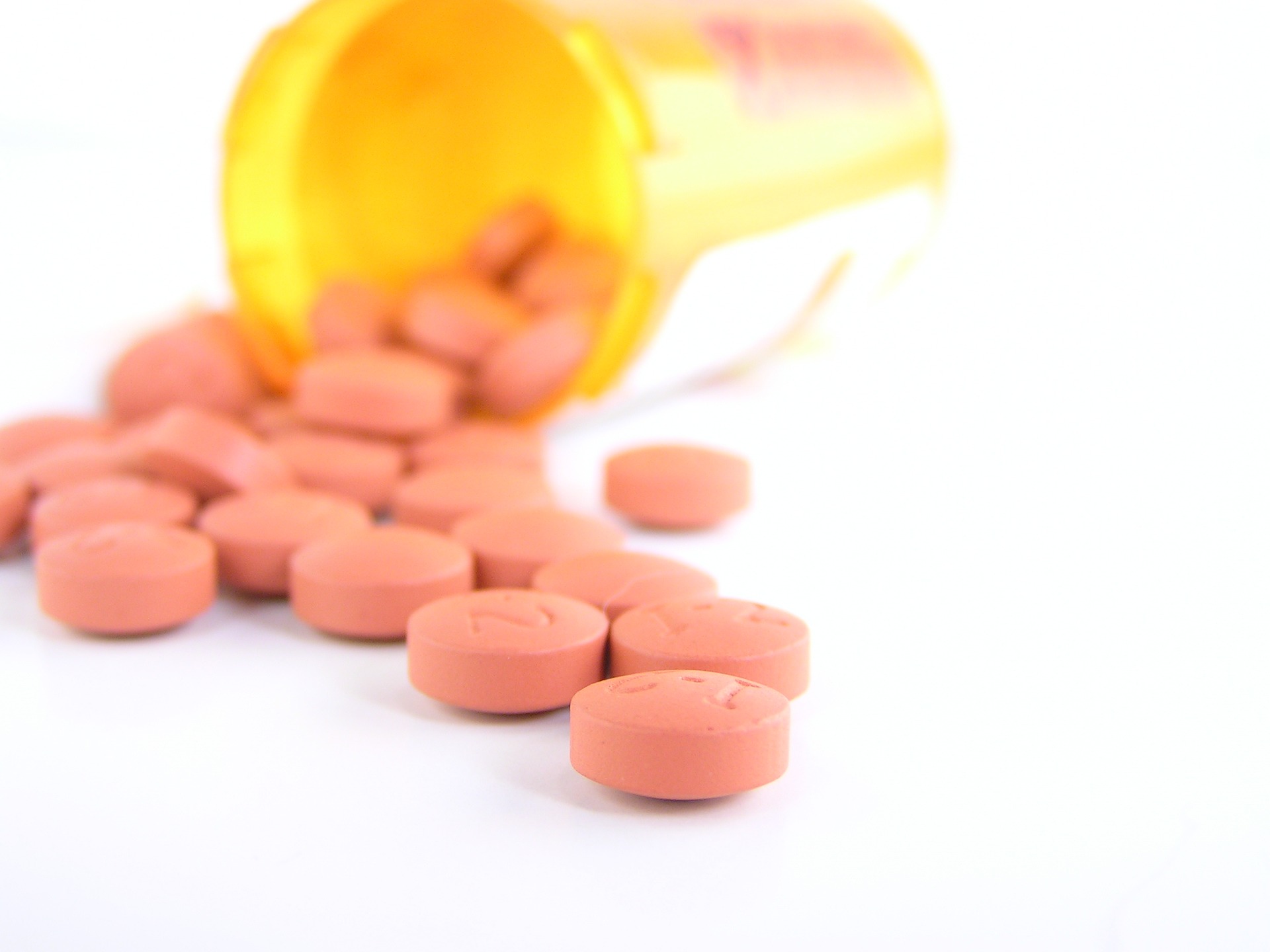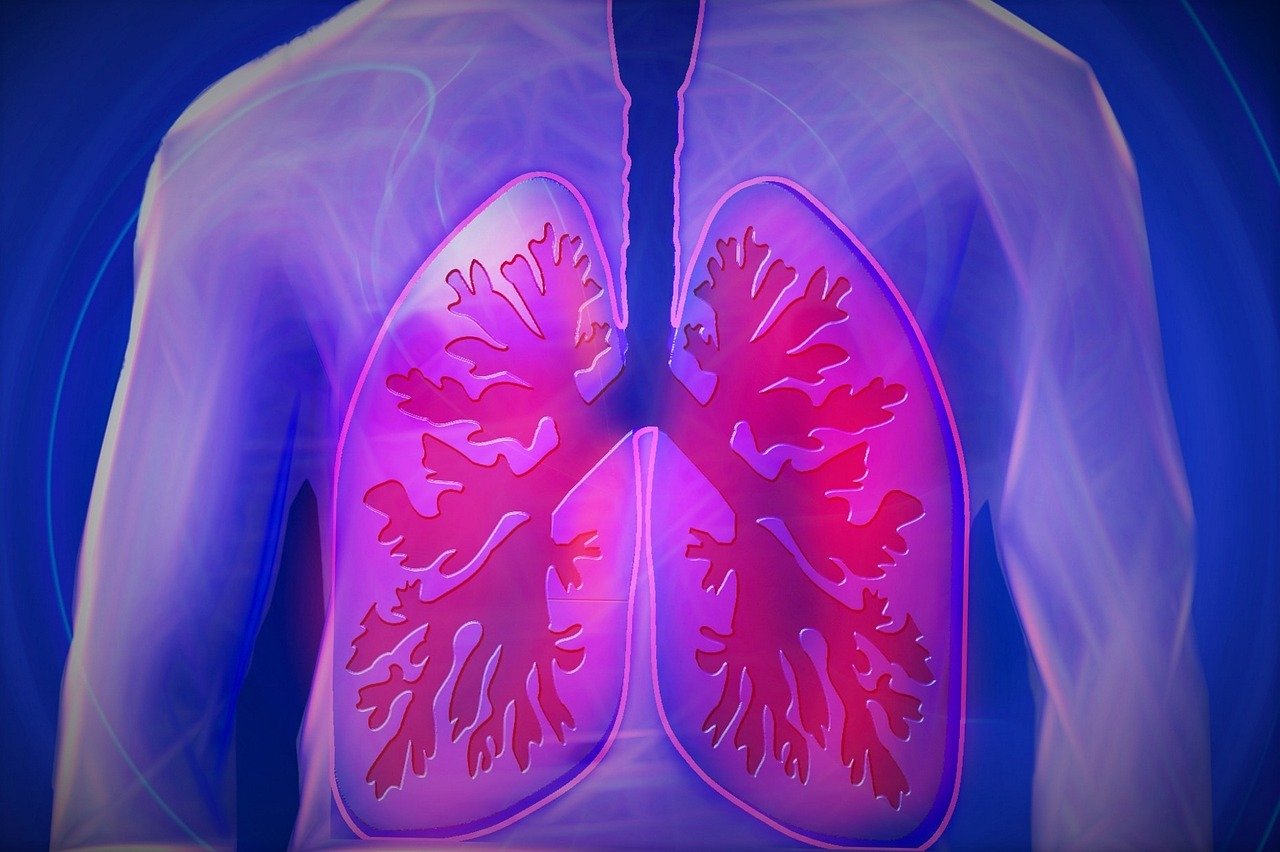We know that getting in those rays of sunshine or taking that vitamin D supplement is good for our bones, mood and overall health – and now – researchers may have found a link between the sunshine vitamin and COVID-19.
Two separate studies have shown negative correlations between vitamin D levels and COVID-19-related mortality in severe cases of the infection. According to the studies, people with vitamin D deficiency who develop severe COVID-19 complications may have a higher risk of dying from the disease.
In the body, vitamin D is produced in the skin from exposure to UVB sunlight. The micronutrient increases calcium and phosphorus absorption from food to help maintain strong bones and teeth, as well as stimulate immune responses.
Examining Factors Related to COVID-19 Mortality
In one of the studies, researchers from Northwestern University used publicly available data from around the world and uncovered a strong association between severe vitamin D deficiency and COVID-19 mortality rates.
The research team analyzed data from hospitals and clinics across China, France, Germany, Italy, Iran, South Korea, Spain, Switzerland, the United Kingdom (UK) and the United States (US). They found that patients in countries with high COVID-19 mortality rates, namely Italy, Spain and the UK, had lower vitamin D levels than patients in countries with low mortality.
Results of the research study are available on medRxiv, which is a preprint server for health sciences.
Related: Loss of Smell and Taste Added to the CDC’s List of COVID-19 Symptoms
The Northwestern researchers became interested in conducting their study after noticing unexplainable differences in COVID-19 mortality rates between countries. While factors such as quality of healthcare, age and testing were seemingly plausible, differences in mortality were present even in patients within the same age group.
Lead researcher on the study, Dr. Vadim Backman, a Professor of Biomedical Engineering at Northwestern’s McCormick School of Engineering was convinced that age or quality of healthcare did not play a role in the observed mortalities.
Quoting Backman from statements he provided to Northwestern University, he said that, “The healthcare system in northern Italy is one of the best in the world. Differences in mortality exist even if one looks across the same age group. And, while the restrictions on testing do indeed vary, the disparities in mortality still exist even when we looked at countries or populations for which similar testing rates apply.”
Backman and his team therefore decided to dig deeper and through their global data analysis, found strong correlations between vitamin D levels, mortality and ‘cytokine storm,’ which is a hyperinflammatory condition in which immune cells release large amounts of cytokines. Levels of C-Reactive Protein (CRP), an inflammatory marker, were used as an indicator for this potentially deadly condition.
In cytokine storm, the immune system is overactivated and this can cause severe damage to lungs, leading to acute respiratory distress and death.
Dr. Ali Daneshkhah, a postdoctoral research associate in Backman’s laboratory and first author on the study paper explained that, “This is what seems to kill a majority of COVID-19 patients, not the destruction of the lungs by the virus itself. It is the complications from the misdirected fire from the immune system.”
Vitamin D plays a significant role in both enhancing the innate immune system, as well as keeping the adaptive/acquired immune system in check, preventing it from becoming overactive. Vitamin D could therefore be protective against complications resulting from cytokine storm, and ultimately death, in severe COVID-19 infections.
“Our analysis shows that it might be as high as cutting the mortality rate in half,” said Backman. “It will not prevent a patient from contracting the virus, but it may reduce complications and prevent death in those who are infected.”
Backman also said this association could help explain why children are less severely affected by COVID-19 and much less likely to die from the disease. This is because children do not have a fully developed acquired immune system, which is what in all likelihood, becomes overactivated to cause severe complications from COVID-19.
While the results from the study are insightful, more research is needed to decipher how vitamin D actually functions in a protective role against complications arising from COVID-19. Therefore, it is not advisable to take large doses of it as excess amounts can cause significant negative side effects.
“It is hard to say which dose is most beneficial for COVID-19,” Backman said. “However, it is clear that vitamin D deficiency is harmful, and it can be easily addressed with appropriate supplementation. This might be another key to helping protect vulnerable populations, such as African-American and elderly patients, who have a prevalence of vitamin D deficiency.”
Vitamin D and Coronavirus in European Populations
Another study also investigated vitamin D levels in COVID-19 patients and came to the same conclusions as the Northwestern study. It is important to note however, that both were correlative studies and therefore a causative link between COVID-19 mortality and vitamin D deficiency cannot be ascertained without further interventional or experimental studies.
Researchers in the UK evaluated levels of vitamin D across 20 countries in Europe and found that levels were extremely low in the elderly in Italy, Spain and Switzerland. This already represents the most vulnerable group of the demographic with regards to COVID-19.
In particular, patients in Italy and Spain, where COVID-19 mortality rates have been high, had lower average vitamin D levels than most northern European countries. Interestingly, people in northern European countries, including Finland, Norway, Denmark and Sweden, actually had higher than average levels of vitamin D and lower rates of COVID-19 cases and deaths.
In a press release, lead researcher on the study Dr. Lee Smith said, “Vitamin D has been shown to protect against acute respiratory infections, and older adults, the group most deficient in vitamin D, are also the ones most seriously affected by COVID-19.”
He added that, “A previous study found that 75 per cent of people in institutions, such as hospitals and care homes, were severely deficient in vitamin D. We suggest it would be advisable to perform dedicated studies looking at vitamin D levels in COVID-19 patients with different degrees of disease severity.”
The UK researchers also noted one of the caveats in the study was that differences in the level of testing and other public health measures across the different countries were not taken into account.
Moreover, neither study evaluated whether increasing vitamin D levels could result in better survival outcomes for COVID-19 patients. The researchers agree that this, and other questions pertaining to the mechanisms of vitamin D protection in COVID-19, warrant further study.
Importantly, there is no data to indicate that vitamin D may prevent COVID-19 . Therefore, researchers warn against using vitamin D for any other purposes than those prescribed by their physician.
Nevertheless, in places like Canada where much of the population is low in vitamin D, Canada advises year-round vitamin D supplementation for all Canadian adults. The organization recommends adults between the ages of 18 and 50 take 400 – 1,000 IU of vitamin D per day, and those over 50, or high-risk younger adults, take 800 – 2,000 IU daily.












Join or login to leave a comment
JOIN LOGIN